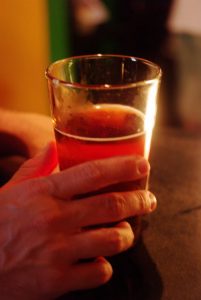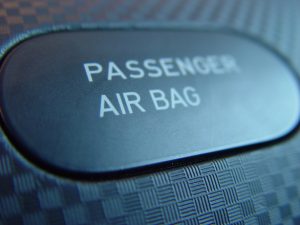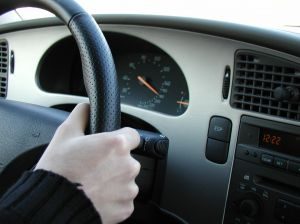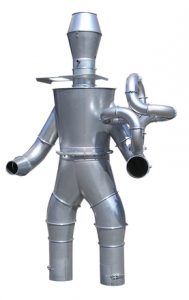Drunk driving involves acting with an extreme risk towards the safety of oneself and others. The tort underlying a Boston drunk driving lawsuit is negligence which involves breaching one’s duty of care towards plaintiff in a manner that causes damages to others. The four elements of negligence are duty, breach, causation, and damages. Causation can be further broken down into actual and proximate cause.
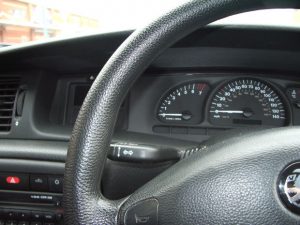 Actual cause is also known as “but for” causation. This is where the harm incurred (damages) would not have happened absent defendant’s negligent conduct. One example would be where defendant is negligent in fixing plaintiff’s brakes. Plaintiff is unable to stop in time at a red light and goes through the intersection where he or she T-bone’s another vehicle causing serious damage. Had the mechanic not been negligent in fixing the brakes, plaintiff would have stopped in time and the accident would not have occurred. We could say that “but for” the mechanic’s negligence in fixing the breaks, the accident would not have occurred. This is actual causation. Continue reading
Actual cause is also known as “but for” causation. This is where the harm incurred (damages) would not have happened absent defendant’s negligent conduct. One example would be where defendant is negligent in fixing plaintiff’s brakes. Plaintiff is unable to stop in time at a red light and goes through the intersection where he or she T-bone’s another vehicle causing serious damage. Had the mechanic not been negligent in fixing the brakes, plaintiff would have stopped in time and the accident would not have occurred. We could say that “but for” the mechanic’s negligence in fixing the breaks, the accident would not have occurred. This is actual causation. Continue reading
 Boston Drunk Driving Accident Lawyer Blog
Boston Drunk Driving Accident Lawyer Blog


